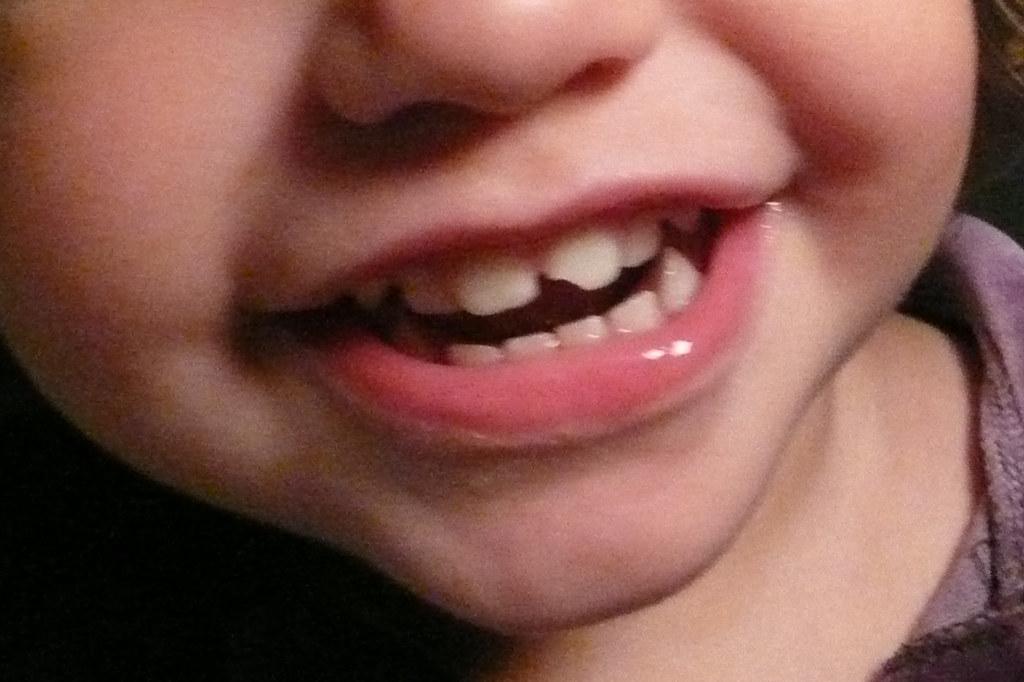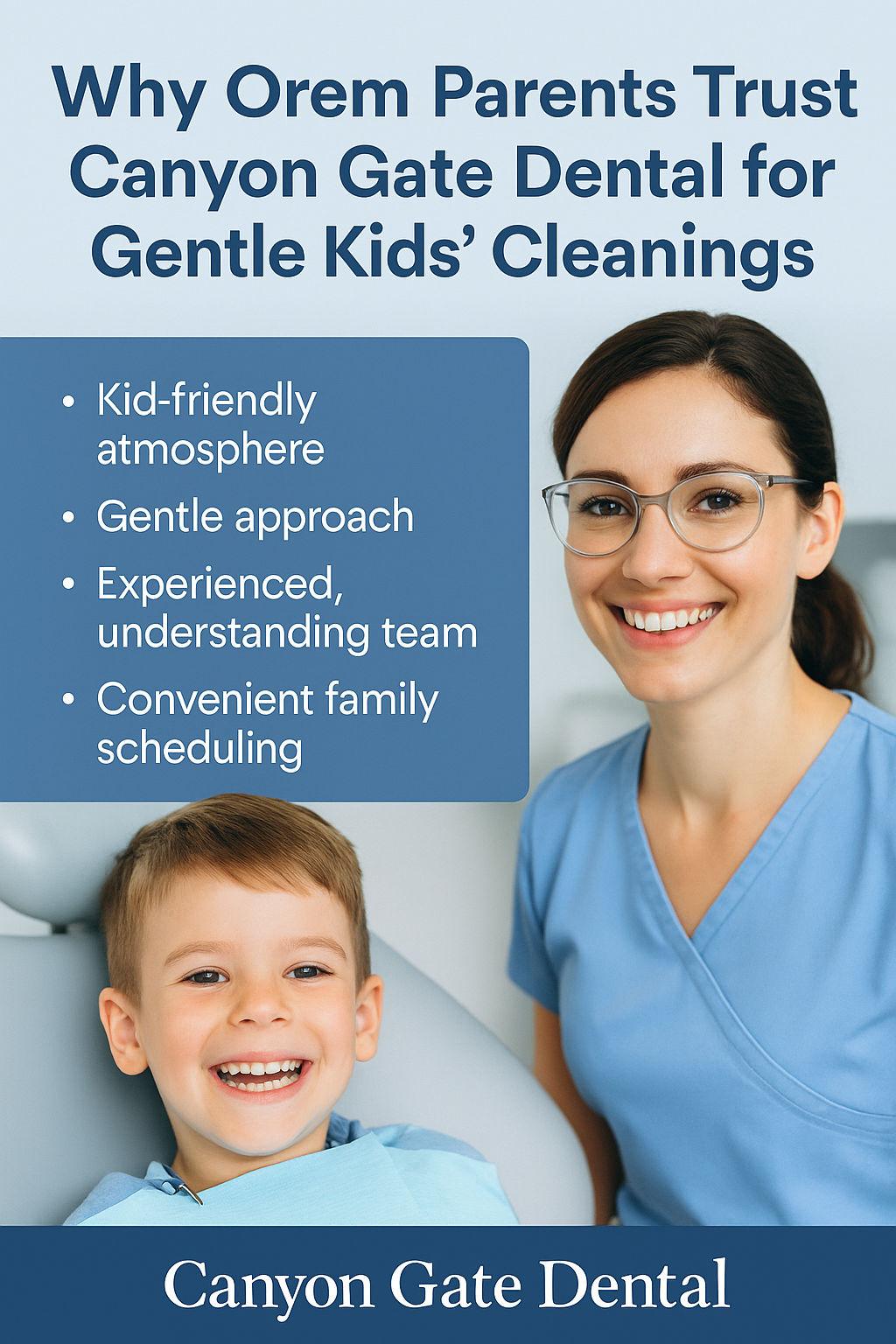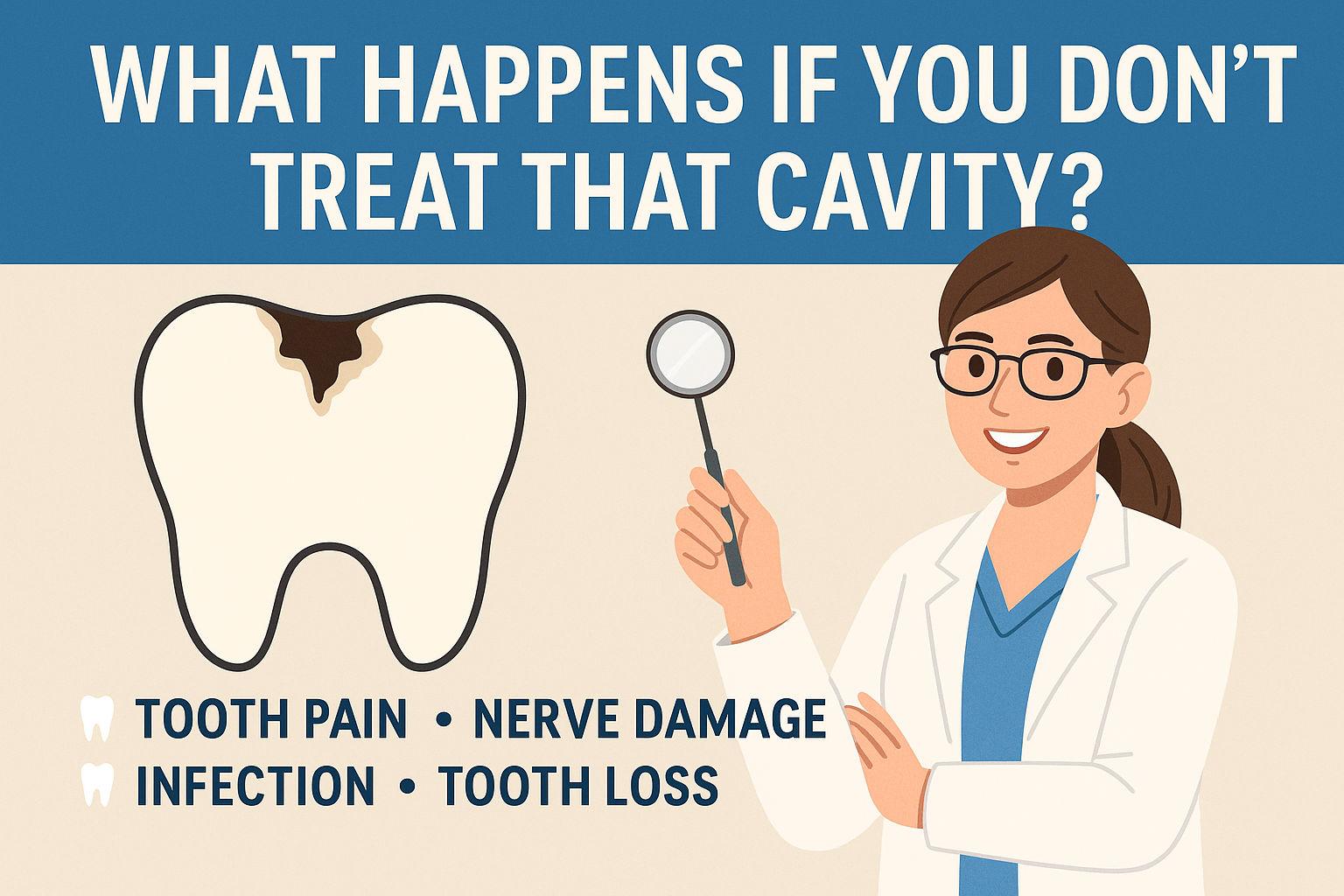Breaking a tooth can be a distressing experience, causing pain, discomfort, and sometimes even panic. Whether it’s due to an accident, injury, or underlying dental condition, knowing how to respond promptly can make a significant difference in preventing further damage and ensuring proper treatment. In this guide, we’ll walk you through the essential steps to take if you find yourself in the unfortunate situation of breaking a tooth.
- Stay Calm and Assess the Situation
The first and most crucial step is to remain calm. Panicking can escalate the situation and impair your ability to make rational decisions. Take a deep breath and assess the extent of the damage. Determine whether the break is minor or severe, as this will influence your next course of action. - Rinse Your Mouth
After assessing the damage, rinse your mouth with warm water to remove any blood or debris. Gently swish the water around the affected area to ensure it’s clean. This step not only helps to minimize the risk of infection but also provides temporary relief from pain or discomfort. - Control Bleeding
If the break has caused bleeding, apply gentle pressure with a clean piece of gauze or a moistened tea bag to the affected area. This will help to stem the bleeding. If bleeding persists or is severe, seek immediate medical attention. - Save Any Tooth Fragments
If a portion of the tooth has broken off, try to locate and save the fragments. Place them in a clean container with milk or saliva to keep them moist. In some cases, your dentist may be able to reattach the broken pieces, so it’s essential to preserve them if possible. - Manage Pain and Discomfort
Breaking a tooth can be painful, especially if the nerve is exposed. Over-the-counter pain relievers such as ibuprofen or acetaminophen can help alleviate discomfort until you can see a dentist. Avoid aspirin, as it can increase bleeding. - Protect the Tooth
If the break has left a sharp or jagged edge, cover it with dental wax or sugarless chewing gum to prevent it from causing injury to your tongue, cheeks, or lips. Avoid chewing on the affected side of your mouth to prevent further damage. - Seek Immediate Dental Care
Regardless of the severity of the break, it’s essential to see a dentist as soon as possible. Dental injuries require prompt attention to prevent complications and ensure the best possible outcome. Contact your dentist immediately to schedule an emergency appointment. If it’s after hours or on the weekend, seek care from an emergency dental clinic or visit the nearest hospital emergency room. - Follow Your Dentist’s Recommendations
During your dental appointment, your dentist will evaluate the extent of the damage and recommend an appropriate treatment plan. This may include options such as dental bonding, a dental crown, or in severe cases, a root canal or extraction. Follow your dentist’s instructions carefully to ensure optimal healing and recovery. - Maintain Good Oral Hygiene
After receiving treatment for a broken tooth, it’s important to maintain good oral hygiene to prevent further problems. Brush your teeth twice a day, floss daily, and rinse with an antiseptic mouthwash to keep your mouth clean and free of bacteria. Attend regular dental check-ups to monitor the health of your teeth and address any concerns promptly. - Consider Preventive Measures
Depending on the cause of the tooth breakage, your dentist may recommend preventive measures to reduce the risk of future incidents. This could include wearing a mouthguard during sports activities, addressing underlying dental issues such as tooth decay or gum disease, or avoiding habits such as chewing on hard objects or using teeth as tools.
Breaking a tooth can be a painful and unsettling experience, but knowing how to respond can help minimize damage and ensure proper treatment. By staying calm, taking immediate action, and seeking prompt dental care, you can protect your oral health and preserve your smile for years to come. Remember, your dentist is your ally in dental emergencies, so don’t hesitate to reach out for assistance when needed.









